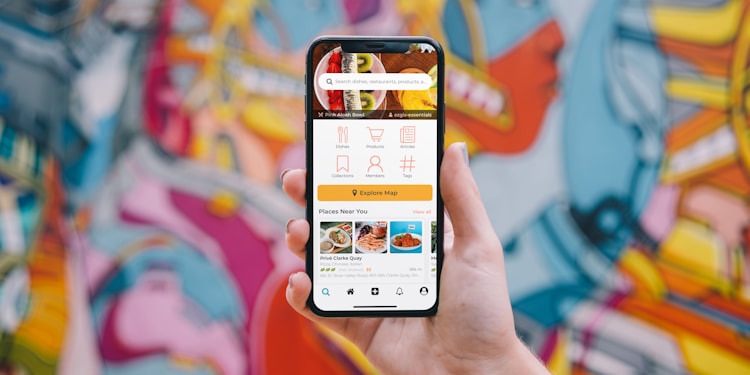Business owners are well aware of the advantages of promoting their businesses through mobile applications. However, launching an app is not as easy as simply creating one and making it available to the public. Besides developing a perfectly working app, you have to consider many things, such as the competition and attractiveness of your mobile app.
Currently, there are almost 9 million applications available on several app stores. While you can narrow down the competition based on the type of app or business you have, the number will still be a lot. Hence, you need an effective mobile app launch strategy to leverage over your competitors. To help you with that, here are seven effective strategies to up your mobile app launch.
1. Utilize Mobile App Testing Services
Prior to officially launching your app, you can first run it through a mobile app testing software. This software will test every aspect of your app, including its functionality, technical content, and compatibility with different devices. The mobile app testing application will give you insights and forecasts that you can use to improve your application.
Running your mobile app through preliminary testing will also help you spot problems and bugs that may impede the launch success of your application.
2. Create a Press Release After the Launch
Once you’ve launched the app, notify the press to increase people’s awareness about your new app. It would be strategic to inform reporters, bloggers, and social media influencers about your new app and collaborate with them. You can also reach out to journalists in the tech and mobile industry and ask them to feature your app. This move will help get the message to more people, especially to your target potential users.
3. Gain Leverage Through Paid Ads
Another way to make your app visible to your market is by advertising it. Using Google ads is one of the easiest and most effective modes to promote your app. Paid ads will enable your app to appear on the top search results whenever a user searches for it or other relevant queries. While using paid advertisements can be costly, it’s an excellent way to kickstart your app launch. You may opt to use paid ads only at the early stages of launching your app until you reach your goal level of brand awareness.
4. Use Social Media For Promotions
If you’re looking for a cost-effective way to promote your new app, you should turn to social media for promotions. Before you launch your app, you can create posts about it to elicit anticipation from your followers. Posting your app on your Facebook or Instagram business page can help you gain organic growth and engagement. You can also tap your current followers to use the app and widen your network through these social media promotions.
Furthermore, you can use your posts to engage with your users and obtain immediate feedback about your mobile app.
5. Establish Excellent Mobile App Rating
Good app reviews and ratings would be a compelling feature for your app. Once people see that your mobile app is commendable, it will convince more users that your app is download-worthy. After launching your app, you should urge people to leave comments and reviews about it so that other people can read it. Ideally, you should get a number of positive feedbacks and ratings on the first release date.
Doing this will help your app top the app store’s homepage, become more visible, and get more downloads.
6. Continue to Monitor App Performance
Your strategy should not be only up to the first few days after launching the app. Instead, it should be continuing as long as the app is still available on the app stores. In light of this, you should constantly monitor the performance of your app. You can use various tools to assess how your app is doing and then use the data you get to improve the app.
You can also communicate with your app users so you can gain an understanding of their experience while using your mobile app.
7. Keep On Updating the App
The mobile that you launch is not the end of your application development. There will always be room for improvement in your app. Your customers’ feedback and the data from the assessment tools you utilize will help you determine sources of weakness in your app. You can then use this knowledge to update your app to provide users with a seamless user experience. Consequently, your application will receive excellent ratings, which will then lead to more app downloads.
Launching an app may sound easy, but it’s not from an app developer and business owner’s point of view. Because of this, you have to prepare your app prior to its launching effectively. You should also employ mobile app launch strategies that will provide you with an edge over other competing applications.
These strategies should also include your post-launch plan to sustain your app’s organic growth and downloads.












